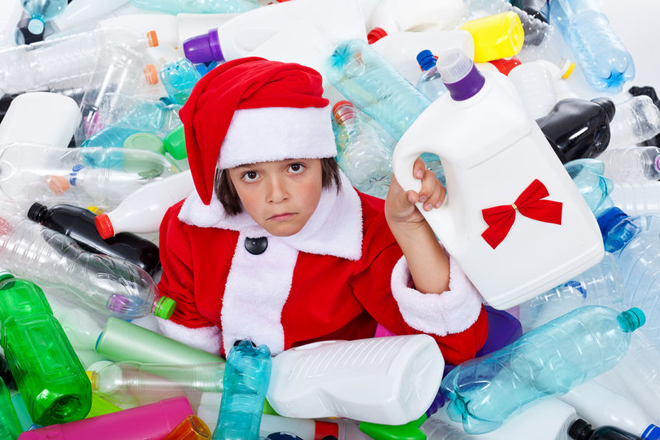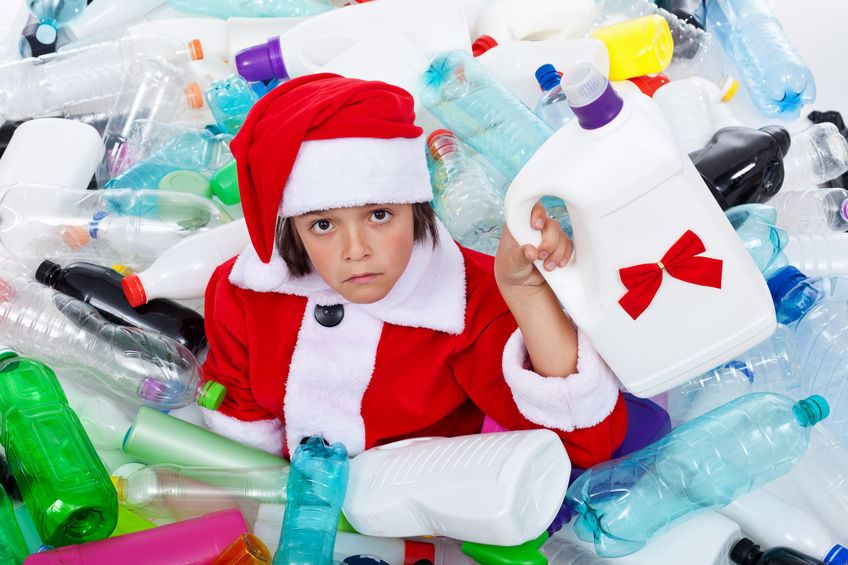By Tera Grady –
The provincial government has given all Regional Districts in British Columbia the responsibility of solid waste management planning. This means the Cariboo Regional District produces a Solid Waste Management Plan (SWMP) every 10 years to identify targets for waste reduction and strategies to manage the waste produced in the region.

The last SWMP brought some changes, such as changing several high-use refuse sites to controlled sites and providing household recycling access. Many residents have taken advantage of this access. In 2017, 822 tonnes of household recyclables were collected from the CRD’s Williams Lake area depots and the City of Williams Lake’s curbside collection.
That is a lot of material, but when compared to the 10,589 tonnes of garbage sent to the landfill in 2017 from the Williams Lake area, it only amounts to 7 percent. The ratio is a better, though, when volumes are compared instead of weight. Recyclables diverted in 2017 accounted for 15 to 20 percent of the total waste volume—or 4,644 cubic meters. That is over 40 semi-trailers worth of recyclables!
Since there are still a lot of materials in the region’s waste stream that could be diverted away from our landfills, the next SWMP will identify ways to increase recycling participation. Looking at other examples, most local governments charge for garbage drop off and accept recyclables free. Many also make recycling mandatory and inspect waste by requiring clear garbage bags.
Next year the CRD will carry out waste audits to determine the categories and amounts of divertible waste that are still being disposed of in CRD landfills. This data will drive the priorities for the next SWMP, so programs can be implemented to effectively reduce the waste disposed of in landfills.
Food and yard green waste typically amounts to 25 to 30 percent of municipal solid waste. The CRD’s waste audit will provide this data for our region and help us understand what the total benefits and costs would be to divert this organic waste.
When organics are landfilled they produce methane gas, increase landfill leachate production, take up valuable space in the landfill, and cost money to transport. Additionally, all the nutrients within the food waste are lost when landfilled. These are all good reasons to divert organics, but in a region as large as the CRD with dispersed populations, collection of organics proves to be costly and challenging.
Some of the other waste streams we expect the waste audit to provide data on are textiles, hazardous waste, wood waste, plastics, metals, construction and demolition materials, and other recyclables like electronics, small appliances, and beverage containers.
There are choices and activities that all residents of the CRD could commit to that would greatly reduce the amount and types of waste the region has to manage. Please take responsibility for the waste you and your family generate by following some of the tips below.
1. Say no to single use items, plastic or otherwise.
2. Compost your food and yard waste, either at home or at a local community-run program.
3. Reduce the amount of plastic packaging you purchase.
4. Recycle.
5. Look for clothing made from natural fibers and make purchases that will last, rather than opting for disposable fashion items.
The CRD will also be looking for your input as we develop our next Solid Waste Management Plan. Stay tuned for more information as we hope to hear from you!
Learn more by following us on Facebook at facebook.com/caribooregion, visiting us online at cariboord.ca, or looking for our Waste Wise articles in your local paper. For more information on the Waste Wise Program, call (250) 398-7929. You can also find more details on Waste Wise activities and events at ccconserv.org.

